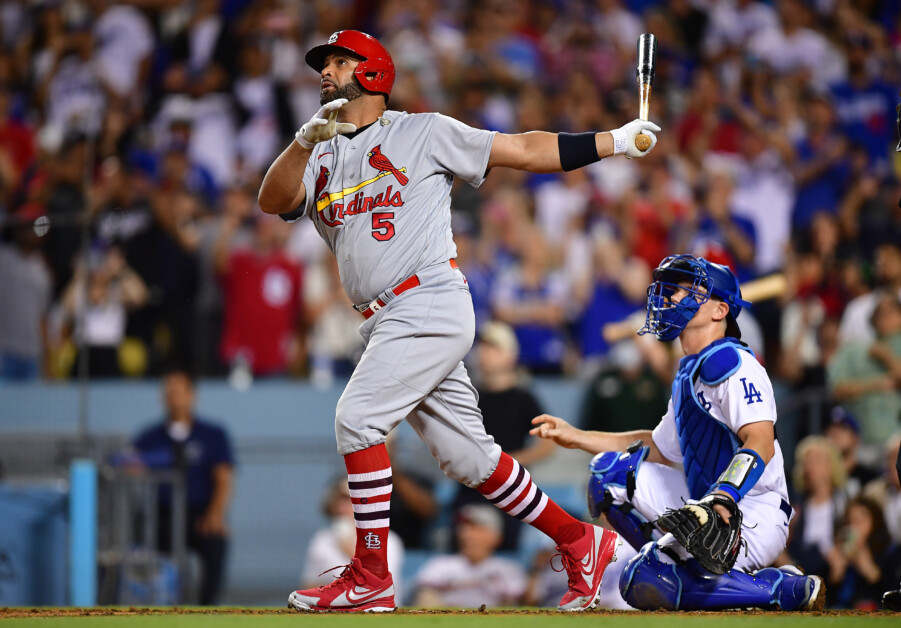While MLB generated record revenues during the 2018 season, one issue that has continued to hover over commissioner Rob Manfred and the sport as a whole is pace of play. Last year saw sweeping changes in the Minor Leagues, including putting a runner in scoring position for games that reach extra innings.
Such a rule, and others, was discussed between the MLB and MLB Players Association, but ultimately was not implemented at the big league level. There were new rules for non-pitching change mound visits and the replay process.
One change that Manfred ultimately held off on imposing was a pitch clock. However, according to Tom Verducci of Sports Illustrated, the prospect of implementing one has again been discussed:
No proposed rules change would improve baseball’s pace of action issue more than a pitch clock, which is why Major League Baseball officials prioritized getting a pitch clock for the 2019 season at a meeting with Players Association officials Monday. The union, which has been cool to the idea, said it would continue to discuss the issue with its players along with “smaller items” related to proposed rules changes that were presented Monday.
Last year MLB officials proposed an 18-second pitch clock that would be used only with the bases empty, with a 20-second clock with runners on to be added in 2019.
If MLB is to impose a pitch clock, they would do so gradually:
MLB officials have proposed a “soft rollout” to a pitch clock rule. Warnings would be issued instead of penalties for the first month or two and graduated tiers to the amount of time on the bases-empty clock—such as 20 seconds, then 18, then 15—would be implemented to allow players to adjust.
MLB and the Players Association may continue negotiating potential rule changes for the 2019 season, though in the case of a pitch clock, Manfred could unilaterally elect to install one.
Any changes presumably would be implemented prior to Spring Training games beginning, so as to aid the adjustment period.
Last year, Los Angeles Dodgers ace Clayton Kershaw was among those who were involved in discussions and lobbied against a pitch clock.








